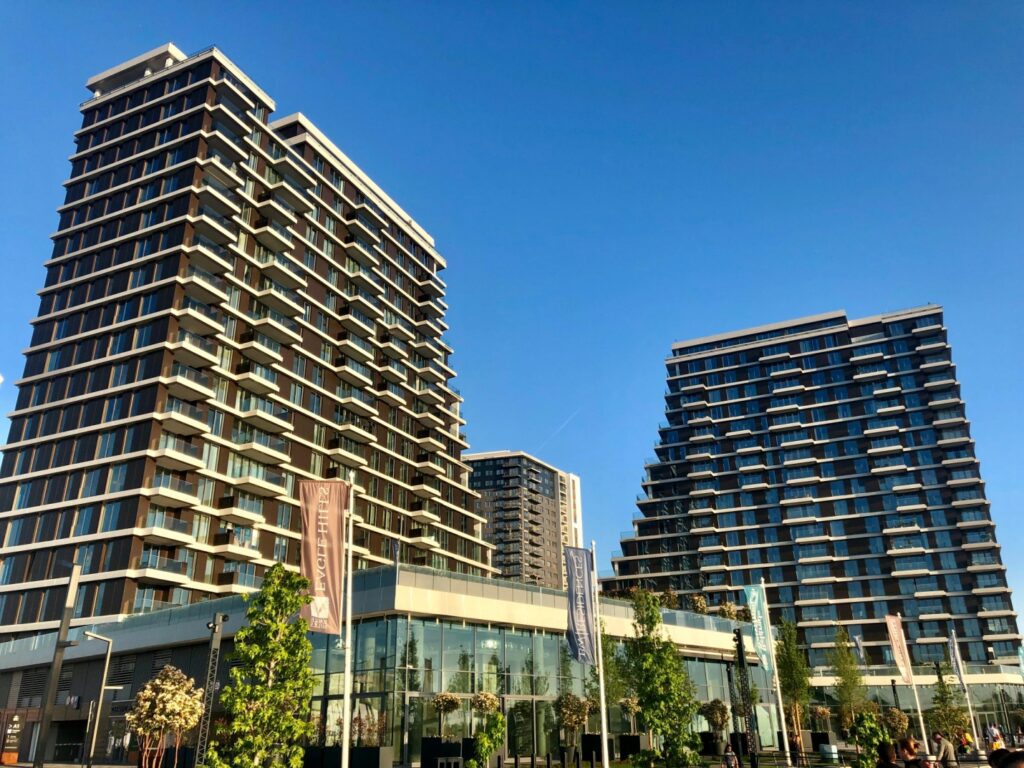Owning a condo can be a rewarding experience—it’s an opportunity to live in a community with shared amenities and a lower-maintenance lifestyle. But what happens when the community you’re a part of feels more like a closed club with restricted access to decisions that affect your home?
Welcome to the world of condo governance, where the power to call meetings or initiate change is theoretically there but often out of reach.
The Power of 51% and 67%
Condo bylaws typically include provisions for owner participation in decision-making. With a 51% vote, owners can call a meeting to discuss important matters affecting the community. It is a vital step toward collaborative governance, giving owners a chance to address issues and express concerns. The 67% threshold is even more significant—it’s the majority required to change rules, amend bylaws, or implement new policies that can impact everyone living in the community.
Barriers to Collaboration
In many condo communities, the ability to reach these voting thresholds is limited, often by design. There are no polling or voting mechanisms in place, and they aren’t mandated by the bylaws. This makes it difficult for owners to mobilize and achieve a 51% majority to call a meeting, let alone the 67% needed to initiate changes. Without proper mechanisms for polling and voting, the voices of condo owners are silenced.
But that’s not all. Communication between owners is often restricted. In some communities, owners are explicitly forbidden to solicit or communicate with other owners for these purposes. Doing so can result in fines, cease-and-desist notices, or even lawsuits. These prohibitions make it nearly impossible for owners to come together and use the power of 51% or 67% to effect change.
Why This Matters
These restrictions on collaboration and communication undermine the very essence of community living. They allow a small group of individuals—often the board of directors or property management—to maintain control and resist accountability. When owners are unable to call meetings or discuss concerns with their neighbors, they lose their voice and their power to protect their interests.
The impact of this is far-reaching. It means that high fees, unaccountable decisions, and a lack of transparency can go unchecked. Without the ability to organize, condo owners find themselves at the mercy of those in control, with little recourse to address grievances or advocate for change.
Fighting Back
To defend against these tactics, condo owners must be proactive. It’s essential to understand your condo’s bylaws and the rights they grant. If you find restrictions on communication or the ability to call meetings, challenge them. Form alliances with other owners who share your concerns, and work collectively to demand transparency and accountability from your condo’s leadership.
By standing together and refusing to be silenced, you can reclaim your power and ensure your voices are heard. It’s about protecting your investment, your home, and your community’s future.







